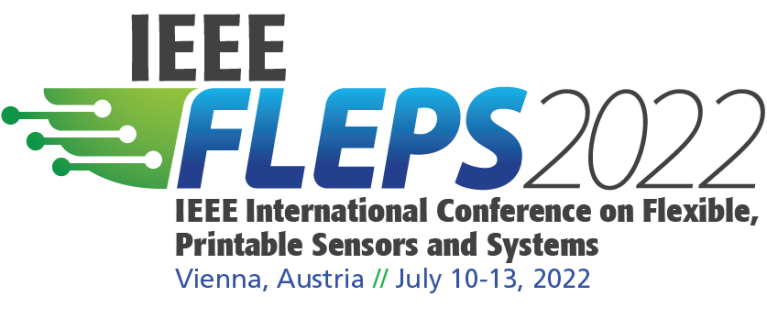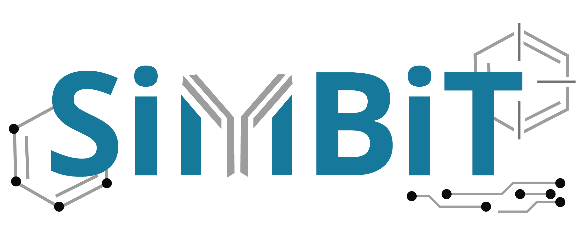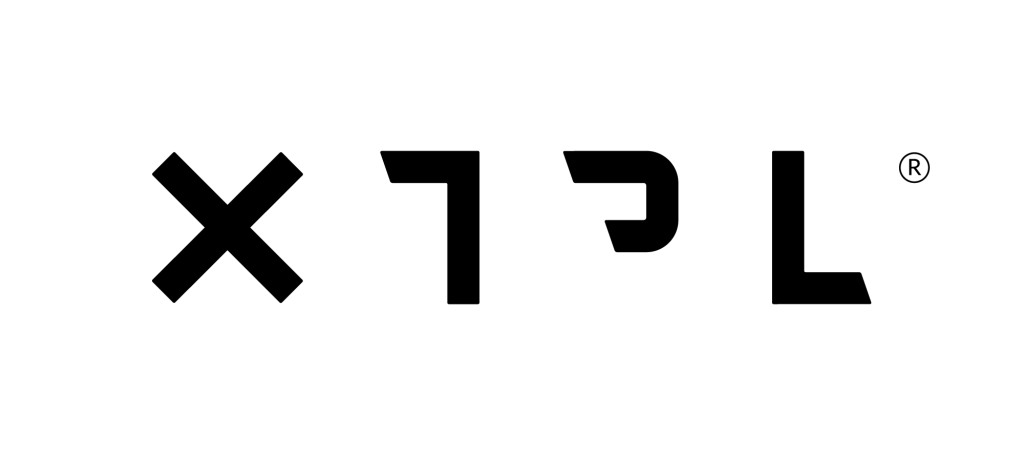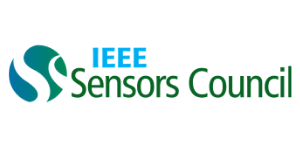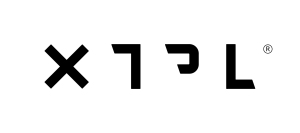The conference organizers gratefully acknowledge the generous support provided by the following
Cambridge University Press is a leading publisher in engineering and science, presenting ideas for undergraduate and graduate teaching to the latest research. Find out more about books and journals products at www.cambridge.org.
CSGI is an Italian public research organization under the supervision and control of the Italian Ministry for University and Scientific Research (MUR). Since 1995 the scientific activities of CSGI have been focused on basic research and development of high-tech new processes, also supporting the R&D activities of small and medium enterprises. The University of Bari Unit of CSGI includes researchers and facilities of the Chemistry and Physics Departments. The available expertise includes organic electronics, bioelectronics, optoelectronics, tailoring of surfaces, sensors and biosensors, soft matter, and analytical sciences especially in in the field of organic and flexible bio-electronics.
Role in the SiMBiT project:
The University of Bari Unit of CSGI led the setting of the project and is coordinating the consortium and the R&D activities. As technical partner, the University of Bari Unit of CSGI is the single sensor technology provider and will develop the bio-functionalized array of gates.
The H2020 IMPETUS project combines paper, printing and microchip technologies to realize a pilot line in an industrial environment capable of manufacturing fully integrated paper-based electrochemical biosensors that directly transfer the measured data to the user’s smartphone. These biosensors are designed as self-powered disposable test cards (standard credit card size) that combine the simplicity of lateral flow tests with quantitative readout, which is enabled by the implemented electrochemical detection method. As an application example, IMPETUS will fulfil the consumer need for fast and inexpensive point-of-care discrimination between bacterial and viral infections. IMPETUS is a collaborative project, which has received funding from the European Union’s Horizon 2020 research and innovation program (topic H2020-PILOTS-05-2017 Paper-based electronics) under grant agreement No 761167 and is coordinated by Dr. Rainer Hainberger of the AIT Austrian Institute of Technology GmbH.
https://www.ait.ac.at/en/research-topics/point-of-care-diagnostics-biosensors
XTPL is a deep-tech company providing ground-breaking precision printing solutions for the global electronics market. The company develops and commercializes products and solutions relying on its globally innovative platform technology protected by international patent applications. XTPLs goal is to license its technological solutions created for industrial implementation in dedicated application fields. The company may also achieve this goal by sales through distributors or strategic partnerships – in this way the cooperation can be geared to the needs of the future counterparty. At present, XTPL is commercializing its products: inks based on silver nanoparticles for printing new generation electronics components as well as the Delta Printing System, i.e. a precise solution for rapid prototyping with the ability to print very fine structures up to 1 µm for microelectronics.

